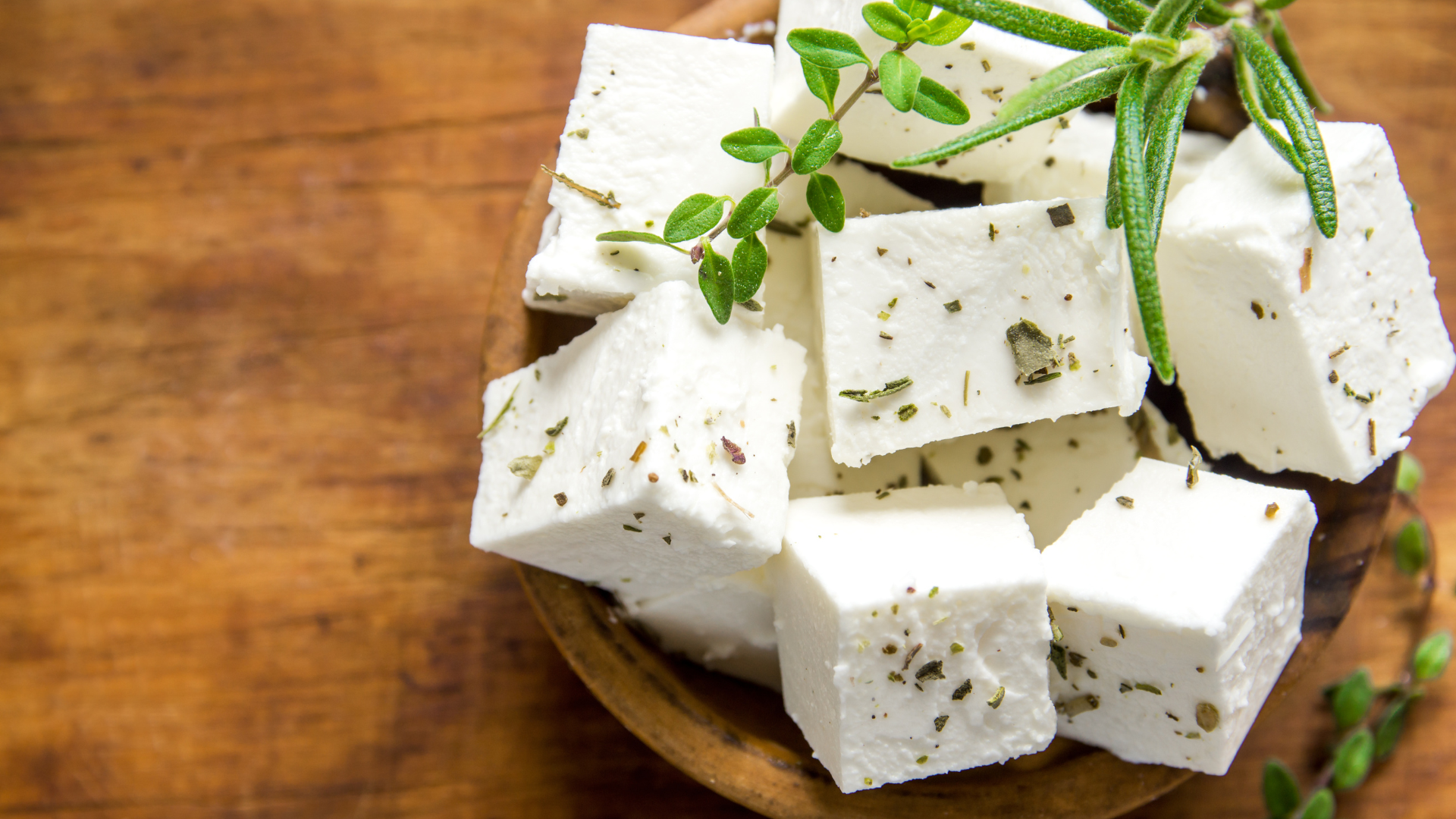Greek Australian Philip Talihmanidis has launched an official e-petition on the Parliament of Australia website, calling on the government to legislate recognition of Product Designations of Origin (PDOs) and protect iconic foods such as Greek feta.
Talihmanidis says it is “hypocritical” for Australia to ignore the cultural heritage tied to PDO products while allowing supermarkets to market “Danish Feta” or “Australian Feta.”
“Technically she might have been right, but morally. No way,” he recalled of a recent exchange with a deli worker about misleading labelling.
Feta at the centre of trade talks
The campaign comes as Trade Minister Don Farrell confirmed earlier this year that Australia and the European Union will restart negotiations on a Free Trade Agreement (FTA). Previous talks collapsed two years ago, partly over Europe’s demand that Australia protect hundreds of regional food and drink names under its geographical indications system.
The EU argues that only Greek producers should be able to sell cheese under the name “feta,” while Australia treats it as a generic term, alongside products like parmesan and prosecco. Currently, Australian, Greek, Danish and Bulgarian fetas all sit side by side on local shelves.
Europe wants Australia to give up naming rights to 170 food and 236 spirit names. For Canberra, that is difficult, as local dairies, winemakers and boutique distilleries fear losing established markets. In 2019, the federal government asked producers to raise objections to the EU’s list but never provided feedback, leaving farmers and small businesses in limbo.
Talihmanidis argues that failure to act has hurt not only Greek Australians but also the national interest.
“The first step in offering an olive branch to the EU for continuing negotiations for an FTA is legislating for PDO recognition just as New Zealand did,” he said.
Finding compromises
Other countries have struck compromises. Canada accepted feta as a protected European product but allowed existing local producers to keep using the name. Vietnam secured similar safeguards. Analysts suggest Australia could pursue the same model to protect consumers and domestic producers while respecting Europe’s heritage claims.
But Talihmanidis insists this is about more than trade. He argued it was inconsistent for governments to champion respect for cultural heritage in some contexts, yet allow the misuse of traditional European food names such as feta.
Protecting cultural heritage
For Greek Australians, feta is not just a cheese but part of identity, culture and history. Talihmanidis says recognising PDOs would align Australia with international practice, build goodwill in trade talks, and protect heritage foods from being treated as generic brands.
“You won’t just be protecting feta either,” he noted. “Italian PDOs like Prosecco and Parmesan … are being abused too. The list is extensive and includes every country in the EU.”
His petition, open now on the Parliament of Australia website, gives Australians a chance to weigh in on an issue that blends food, culture and international trade.
